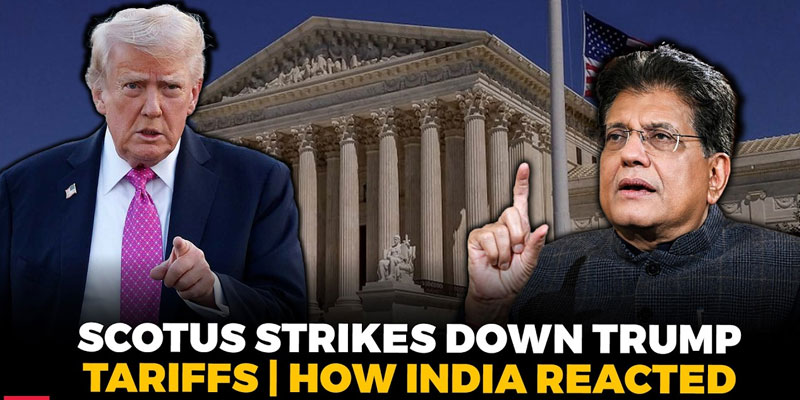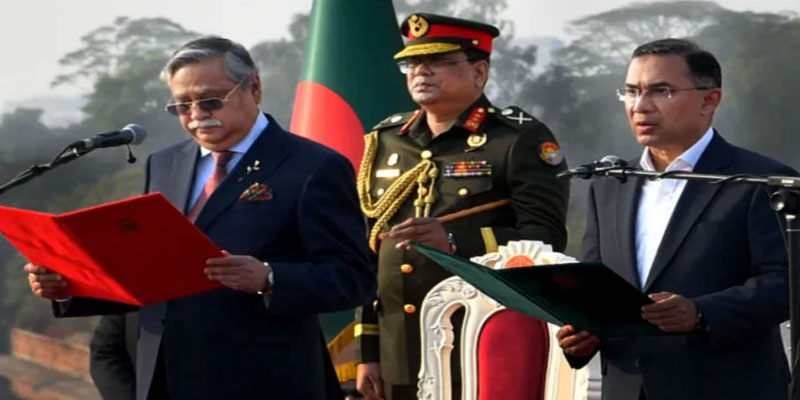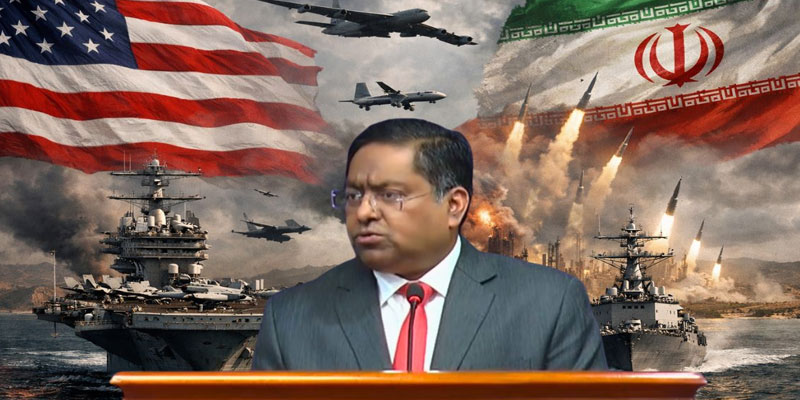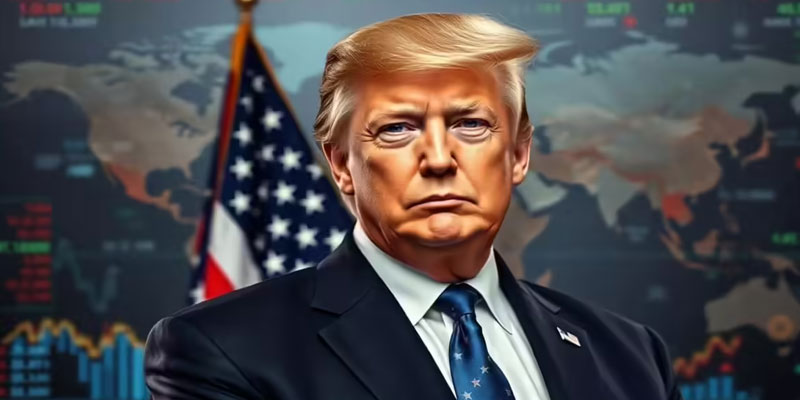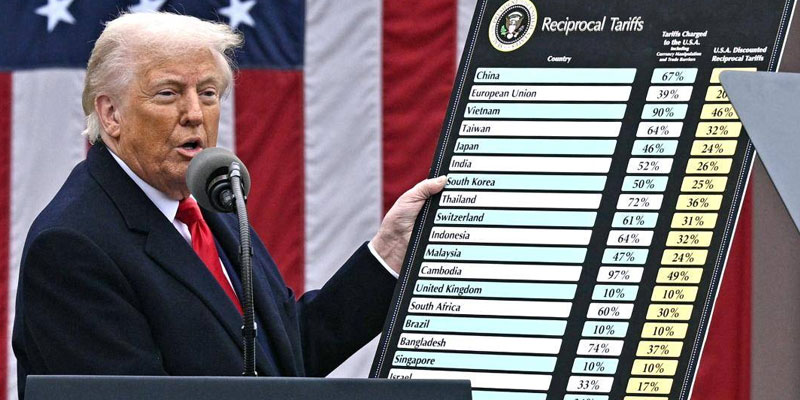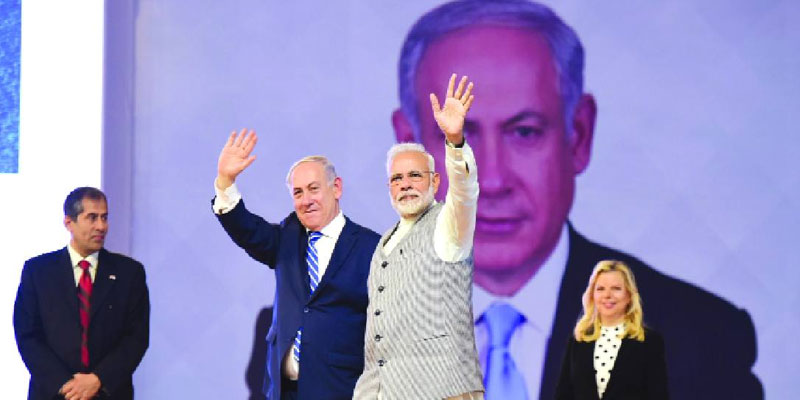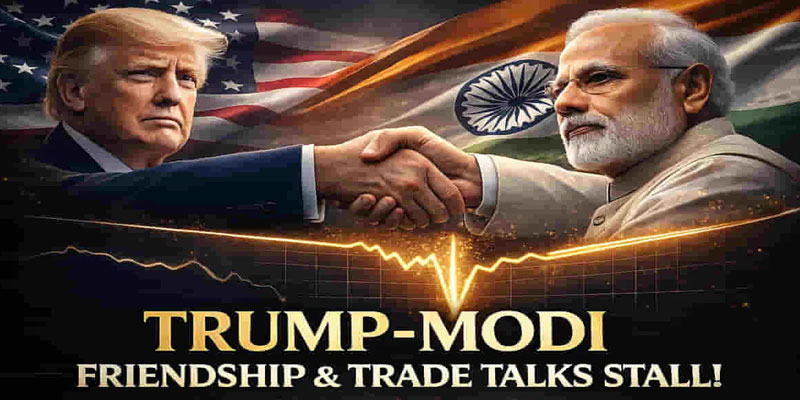The Paradox at the Heart of ‘America First’
The MAGA (Make America Great Again) movement, championed by Donald Trump, has long positioned itself as a standard-bearer of isolationism. "America First" became its rallying cry—an alleged rejection of endless wars, overseas entanglements, and costly international alliances. But scratch beneath the surface, and MAGA’s foreign policy is less about retreat and more about reshaping global affairs through ideology, spectacle, and selective intervention.
From Gaza to Ukraine, and even South Asia, the Trump-led MAGA doctrine is obsessed not with ignoring the world, but controlling the narrative around it. The contradiction is no accident—it’s the strategy.
Gaza: Denial Meets Diplomacy
Take Gaza. Trump has repeatedly stated that the conflict between Israel and Hamas is “not America’s war.” And yet, his administration has hardly remained neutral. Trump reportedly pressured Israel to expedite a ceasefire, demanded humanitarian corridors be opened, and even facilitated the release of a hostage, Edan Alexander, in a quiet backchannel arrangement.
Rather than signaling withdrawal, these moves reflect a calculated engagement aimed at projecting Trump as the ultimate negotiator. The goal isn’t peace—it’s prestige. The White House has acknowledged Trump’s visible frustration with the conflict, citing his desire to clear “the last obstacle” to Middle East prosperity. For an administration that claims to walk away from world conflicts, MAGA spends an inordinate amount of energy on managing them.
The pattern is clear: isolationist in rhetoric, interventionist in action—but only when it fits the optics.
Ukraine: Not Our War, But Still Our Script
Ukraine is another theater where MAGA’s isolationist mask slips. Trump’s statements declare the war “not our problem,” and yet his actions tell another story. He has publicly condemned both Vladimir Putin’s aggression and Volodymyr Zelenskyy’s resistance. He’s also made phone calls to Putin, reportedly trying to broker peace—an unusual gesture for a president supposedly disengaged from European conflicts.
Far from being disinterested, Trump’s messaging has framed him as a peacemaker-in-chief. The Kremlin’s own spokesperson, Dmitry Peskov, even credited Trump with pushing for peace. At the same time, Trump has warned of severe consequences if the war escalates, suggesting economic sanctions and military decline for Russia.
This is not disengagement. It’s armchair geopolitics: no troops, but plenty of commentary—none of it idle.
The India-Pakistan Ceasefire Claim: Diplomacy or Delusion?
Perhaps the most revealing example of MAGA’s global overreach is Trump’s claim that his administration brokered the 2021 ceasefire between India and Pakistan. According to Trump, he used to promise of trade access to convince both nations to back down—an assertion that was not just dismissed, but flatly denied by the Indian government.
In reality, the ceasefire followed India’s Operation Sindoor and was achieved through direct military channels. Trump’s attempt to take credit—despite being absent from negotiations—reflects MAGA’s compulsion to insert itself into every geopolitical narrative, even at the cost of credibility.
This is not foreign policy; it’s political theater. It also exposes MAGA’s fundamental contradiction: while decrying foreign entanglements, it cannot resist the urge to own global moments.
More Influence, Less Responsibility
What MAGA calls isolationism is better understood as ideological projection. Trump’s administration didn’t just remove the U.S. from global agreements—it tried to reshape international norms through criticism, narrative framing, and symbolic moves. Whether condemning South Africa over imagined “white genocide” or attacking UK leadership for its approach to free speech, MAGA repeatedly involved itself in foreign domestic politics under the banner of American values.
This isn’t stepping away from the global stage. It’s storming back onto it with a megaphone—without any of the obligations that come with leadership.
The Myth of Modern Isolationism
Critics have argued that Trump isn’t an isolationist at all. After all, his first term included bombing Syria and killing Iranian General Qasem Soleimani—hardly hallmarks of retreat. The more accurate description of MAGA’s foreign policy is unpredictability paired with selective aggression.
What makes this brand of pseudo-isolationism dangerous is that it abandons long-standing alliances while replacing them with no strategic framework. Instead, it offers a toxic mix of reactive diplomacy, symbolic posturing, and an obsession with personal branding.
A Doctrine of Presence Without Purpose
Ultimately, MAGA’s foreign policy is not about leaving the world behind—it’s about dominating the story. Trump’s actions reveal a compulsive need to remain central to international developments, whether through peace-making claims, critiques, or outright misinformation.
Isolationism implies detachment. MAGA prefers engagement without commitment, influence without responsibility, and intervention only when it serves domestic optics.
This is not a return to American realism or restraint. It is the rise of a new kind of global engagement—one driven not by policy or principle, but by narrative control and personal brand. And in a world facing complex threats and rising instability, that’s not isolationism. It’s a dangerous illusion.
(With agency inputs)





